This is getting complicated. But then when you’re trying to upend a worldview, that’s probably inevitable. I can only guess (remember, I dropped the manga) that Chi.: Chikyuu no Undou ni Tsuite is building towards something with Nicolaus Copernicus. If not, setting the story in Poland doesn’t make as much sense. But we’re still long (about a century) before Copernicus’ rise to the forefront of the heliocentric revolution at this stage. Not, of course, before others had espoused these ideas – that had been happening for thousands of years.
Badeni’s (and Oczy of course) meeting with Jolenta proves interesting and tense right from the get-go. Of course she’s alarmed to have been caught in the act of posting her solution, and tries to pass her work off as that of her male master. Badeni plays along, but like Count Piast pretty clearly sees the truth of it. Ever-calculating, Badeni sees the fact that Jolenta is a woman as a potential advantage. Given the stakes if she’s found out she’s less likely to turn them in for heresy. And if caught in the act, he can use his insider knowledge of the system to pin most of the blame on her.
Badeni persuades her to take them somewhere private where he can pass along a message to her “master”. This is a fascinating dialogue (Oczy is really only a passenger at this point), and a very tense one as well. These two smart cookies are feeling each other out, but Badeni has a huge edge in terms of experience. He’s testing the girl, trying to determine how deep her devotion to the truth is, and how receptive she is to ideas that will shake the foundations of her worldview. From nominalism to Aristarchus (the true trail-blazer of heliocentrism) it’s a wide-ranging conversation. And while it concludes with Jolenta telling the pair to leave, it’s pretty obvious that Badenia has hooked the fish.
Then we have old man Piast. He’s seemingly spent his life pursuing a better geocentrism – one that more perfectly reflects reality and thus glorifies God’s majesty. And he’s given up a lot to do so, it seems. By pursuing astronomy as a youth (played by Namikawa Daisuke) he made himself an outcast from his family (which as noted last week was the ruling dynasty in much of Poland for a long time, though largely defunct by this period). To that end he goes to a laboratory run by a distant cousin (Hoshino Mitsuaki). He too was outcast from the Piast for pursuing science, and after a bit of a job interview he welcomes the younger man into the fold.
Piast is a bit of a contradiction. In science he values audacity above all else, and argues to his staff that they need to be like Icarus – who erred not by being too audacious in flying close to the sun, but in not heeding his father’s warning about waxen wings. Yet the truth he claims to pursue is not supported by the facts. Jolenta does indeed take the bait, as Badeni tells Oczy she will. And what she offers to Badeni is a chance to access the massive store of observations in the institute’s library. But once he learns that her boss is Count Piast, Badeni pulls back. He sees Piast as the ultimate champion for the old ways, but Jolenta insists his first loyalty is to the truth.
Piast, at the very least, recognizes Jolenta’s talent and offers her direct access to himself with her ideas. Kolbe has already demonstrated himself unworthy of his time by willingly co-opting the girl’s treatise. But is he capable of letting go of what he thought was the truth he spent a lifetime pursuing? His own race is nearly run, and if anything that sense of urgency is what seems most likely to persuade the old man to let Badeni and Jolenta chase a theory that will make history at the expense of those who write it.


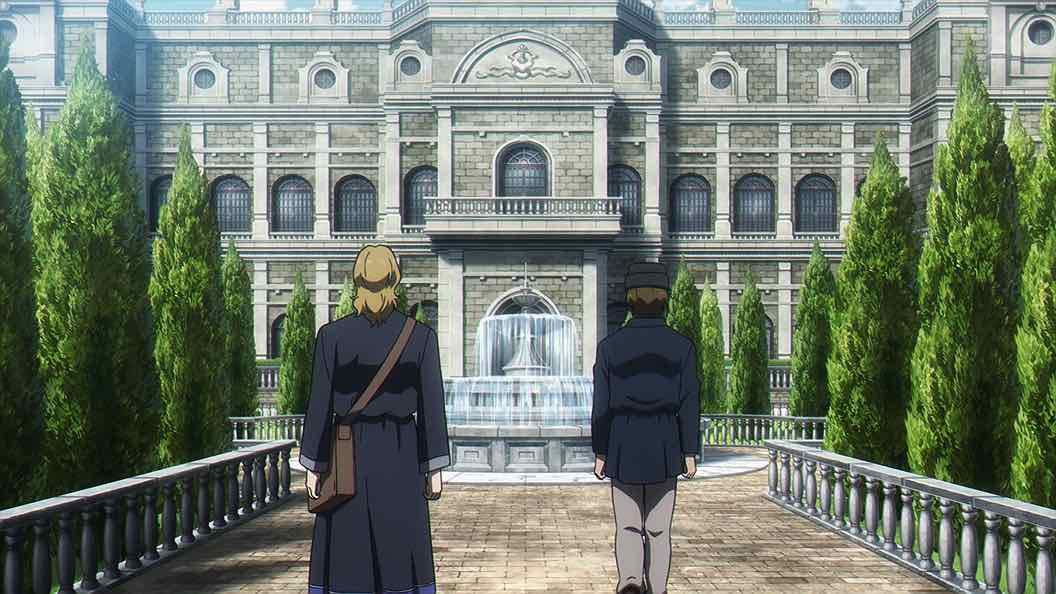
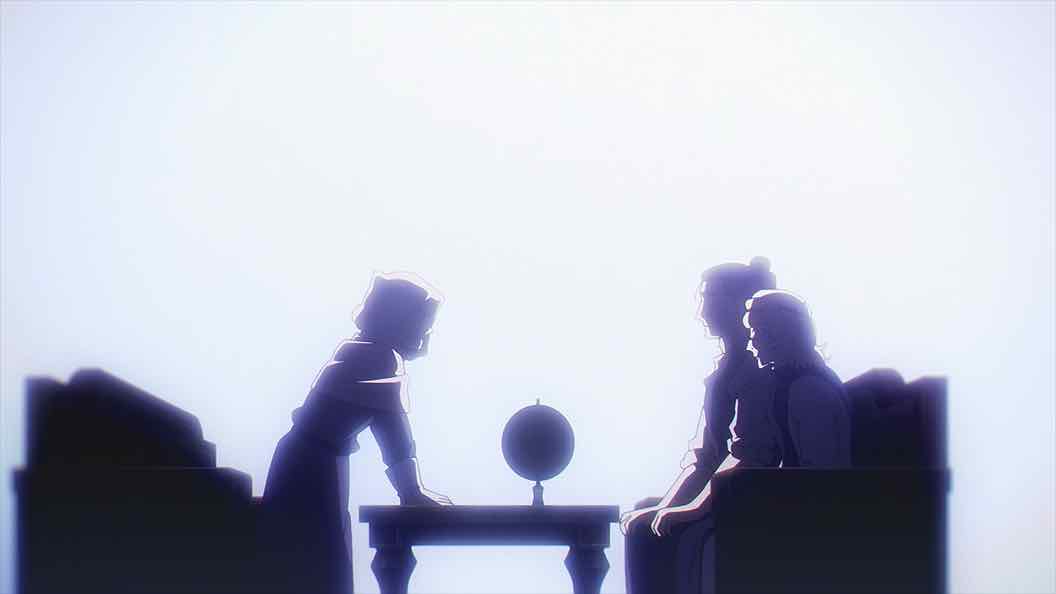
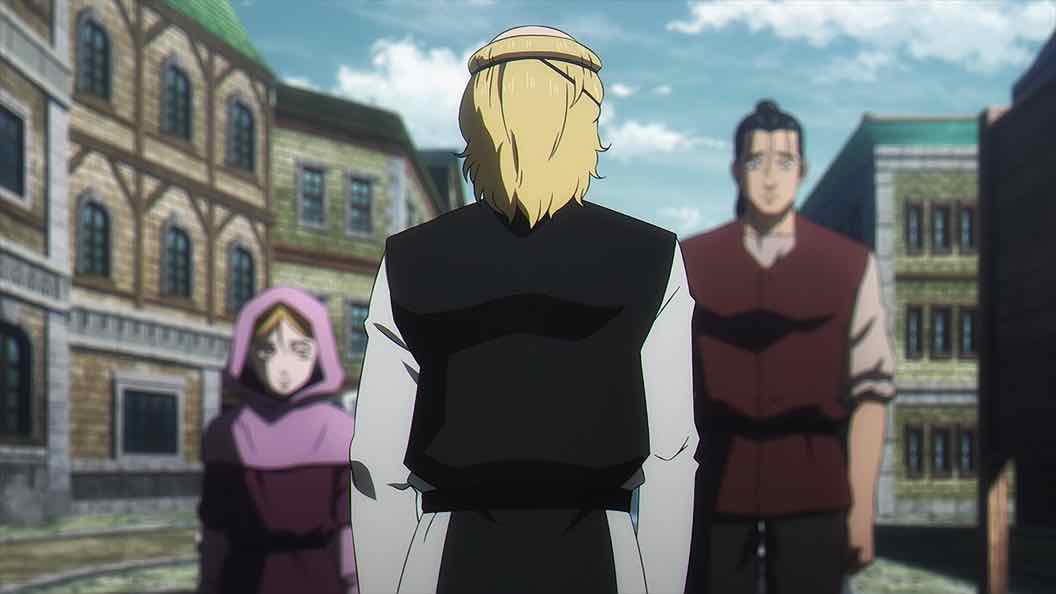
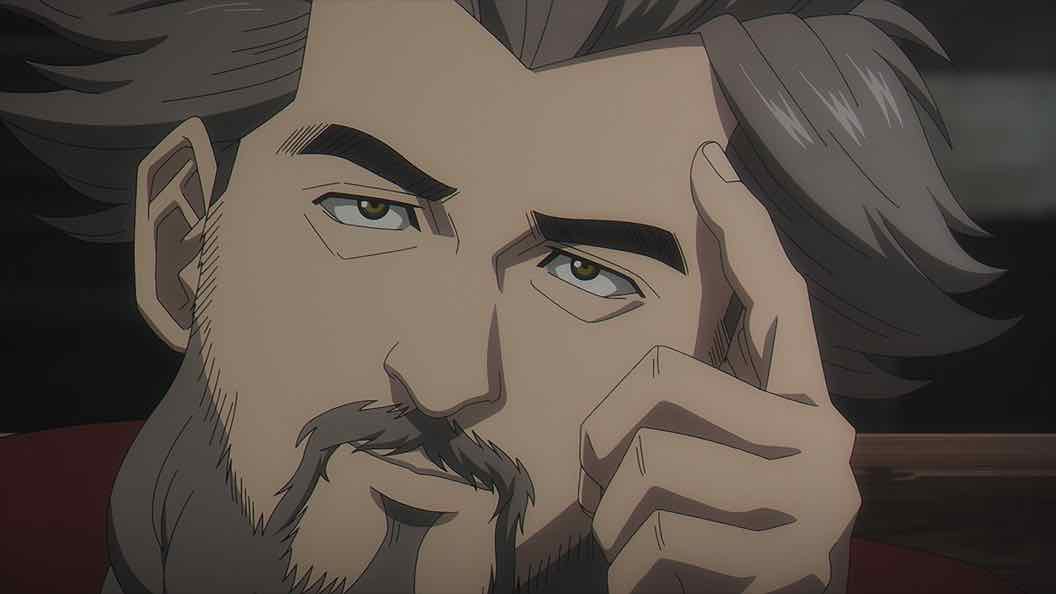
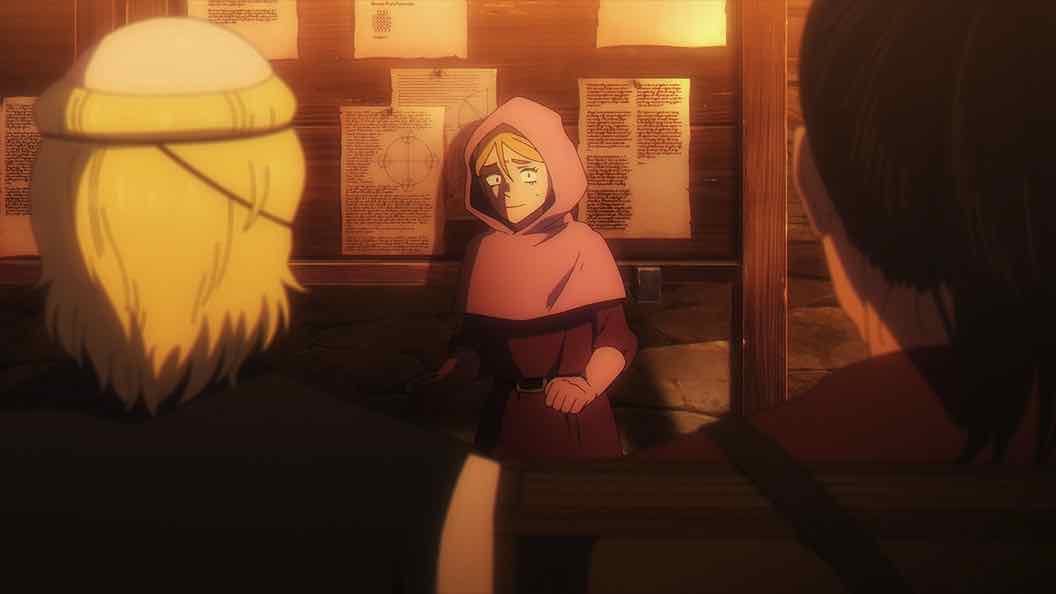
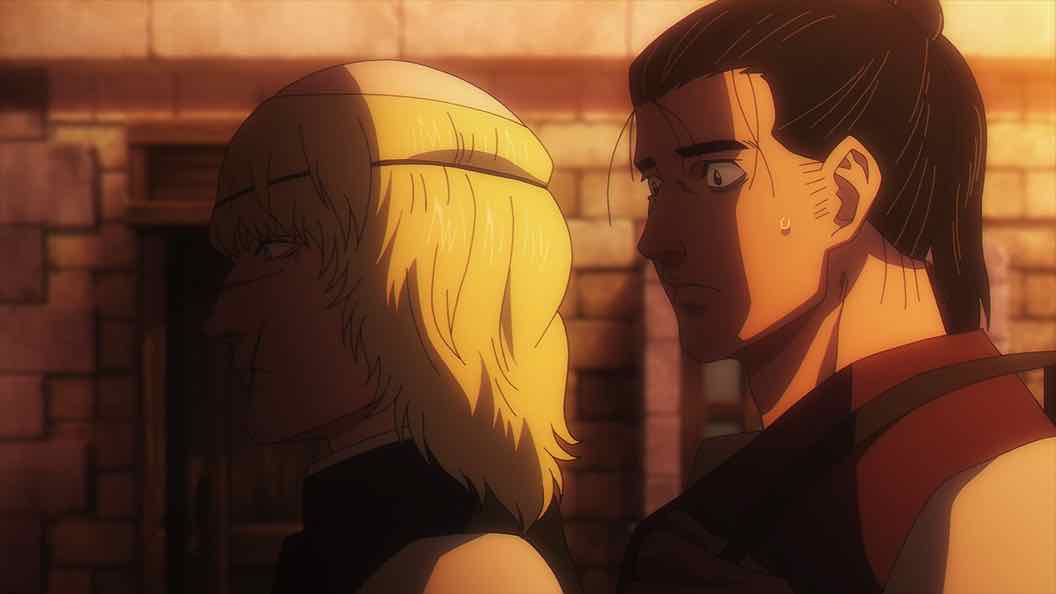
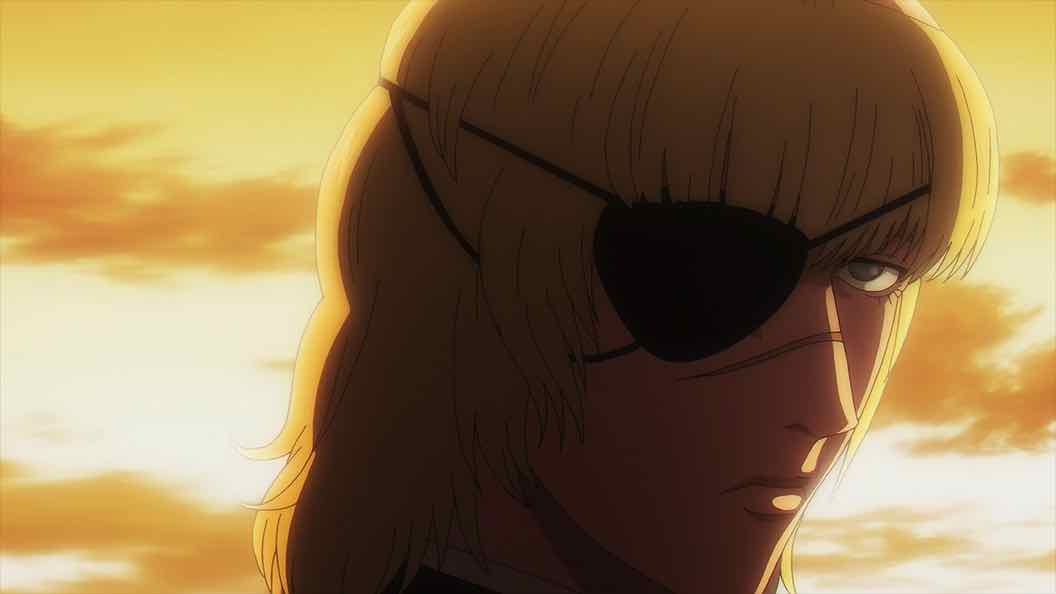
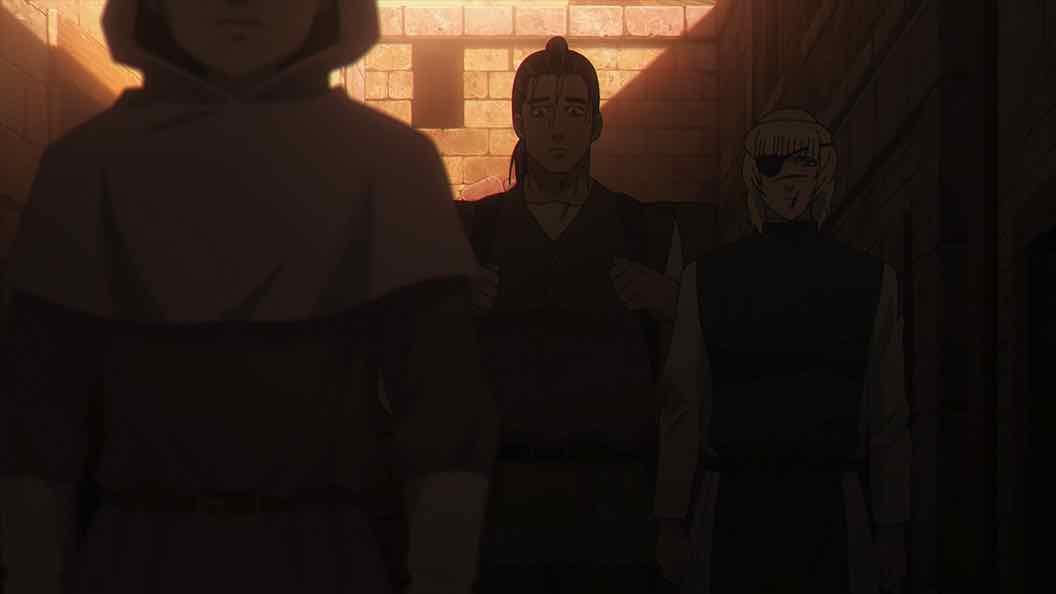
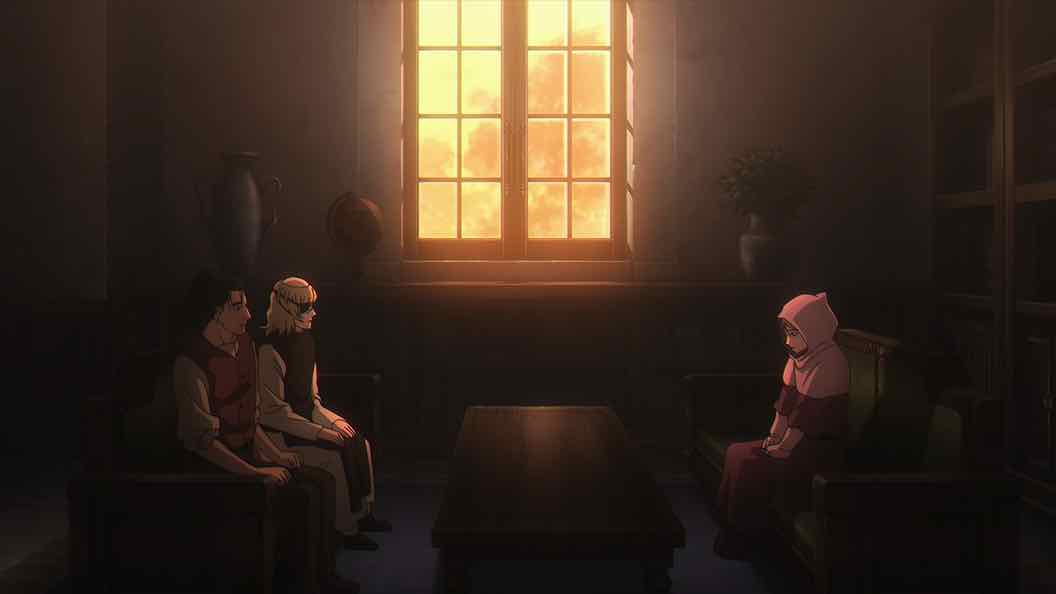
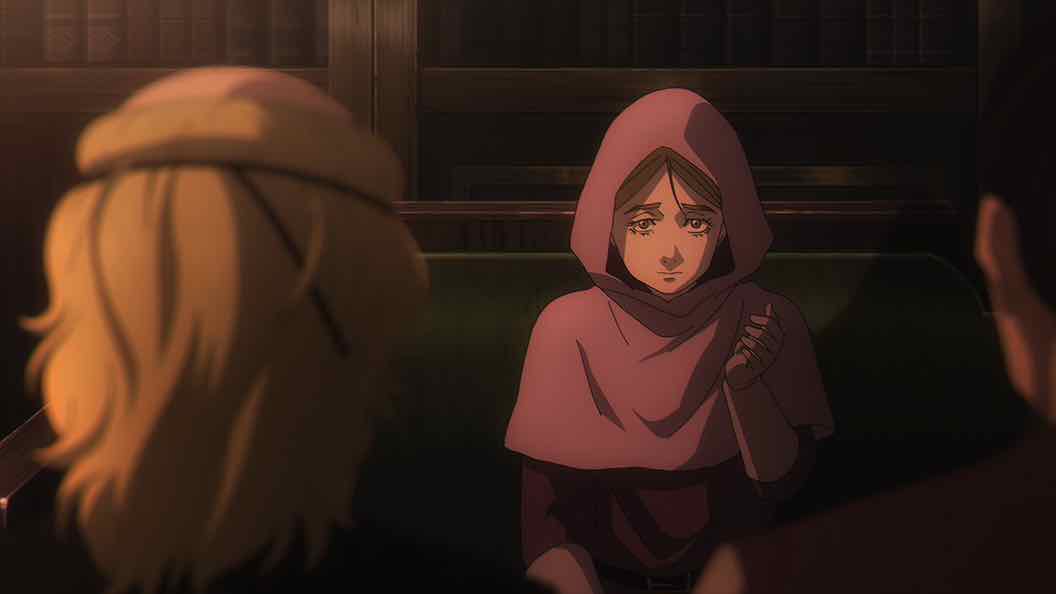
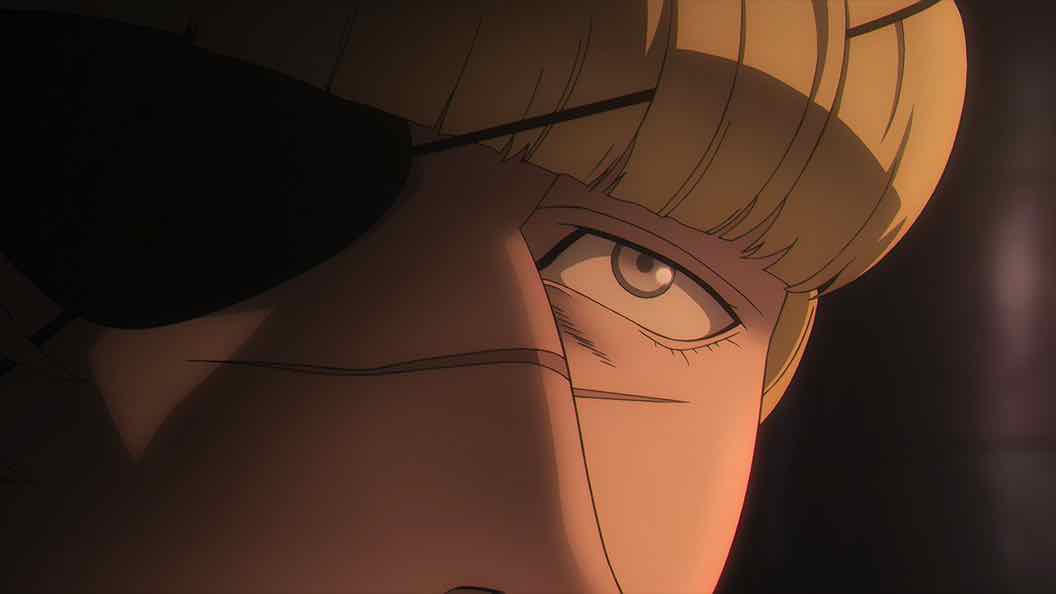
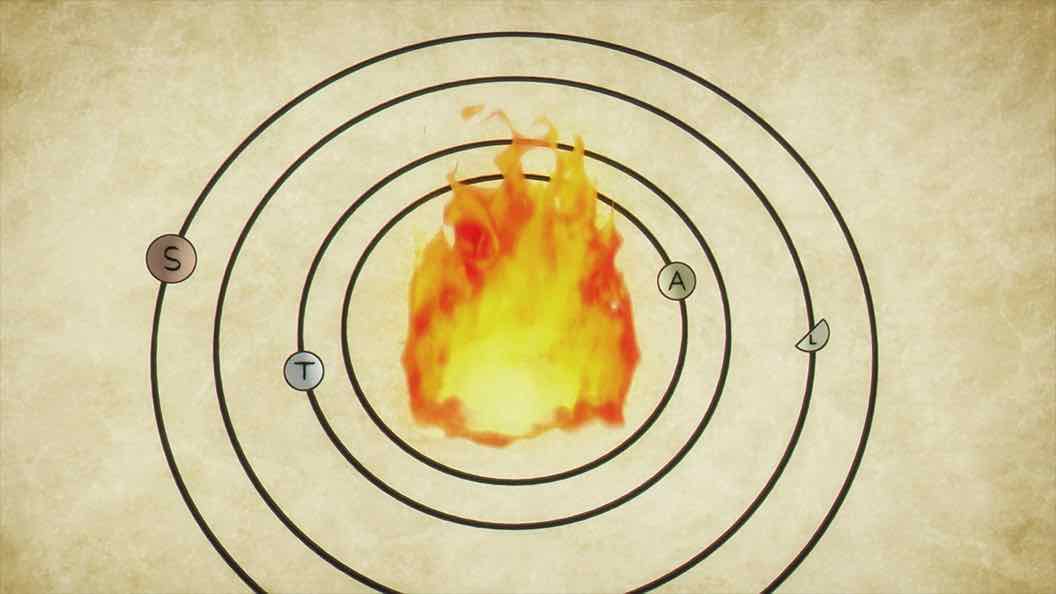
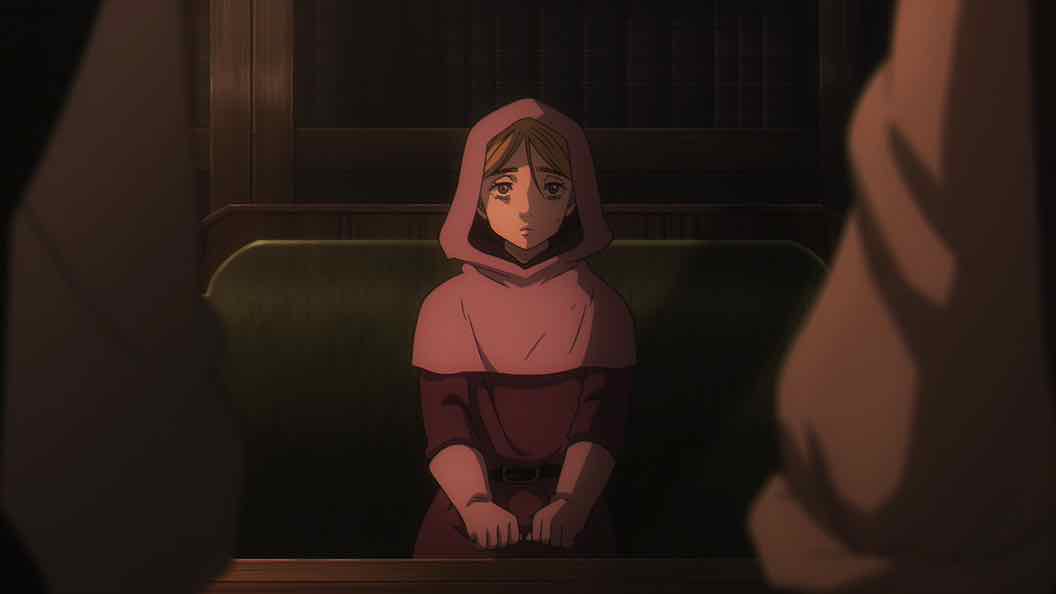
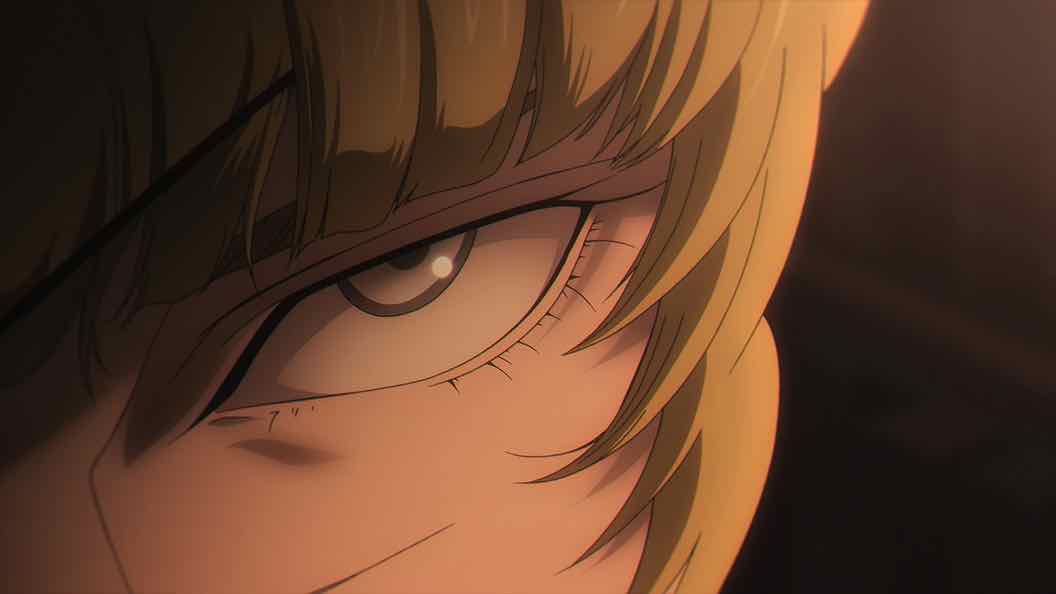
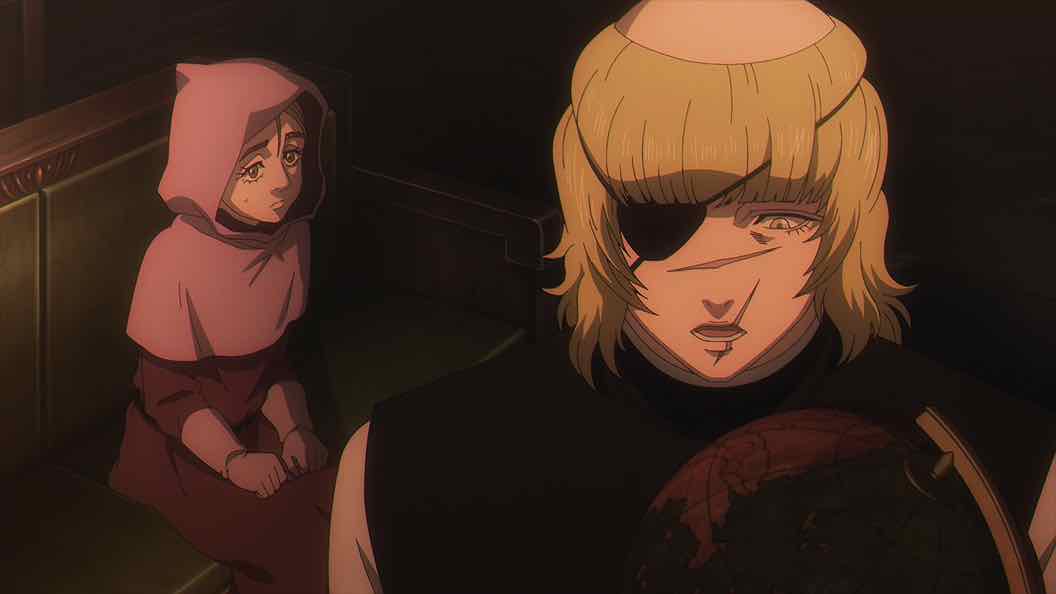
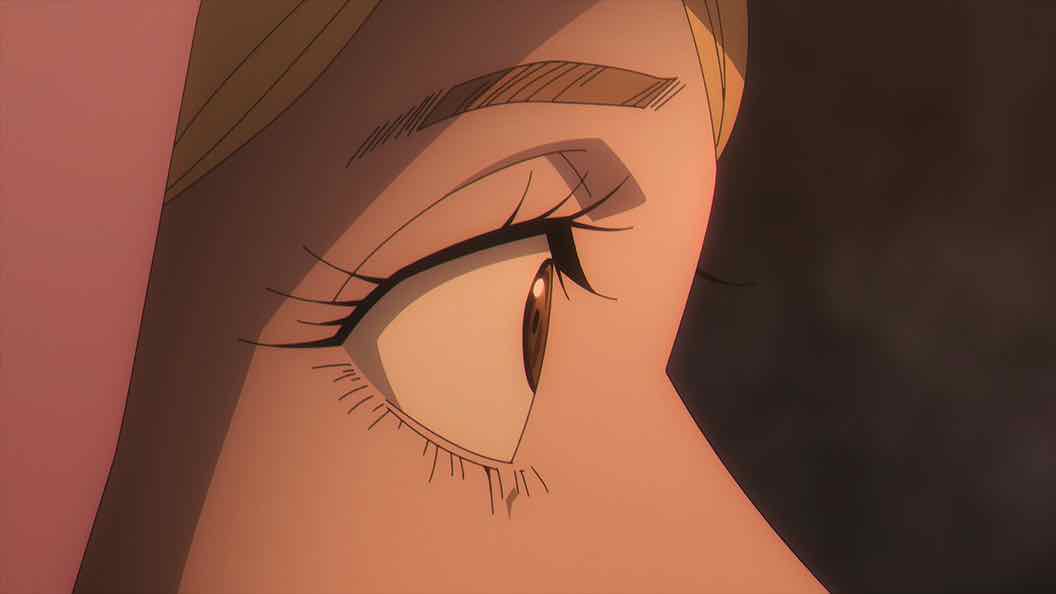
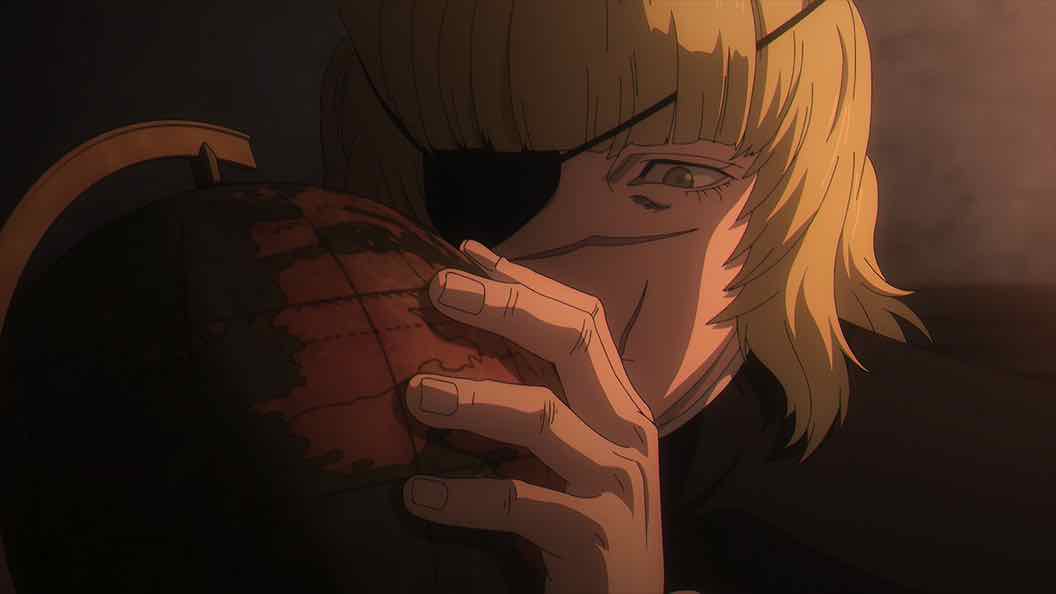
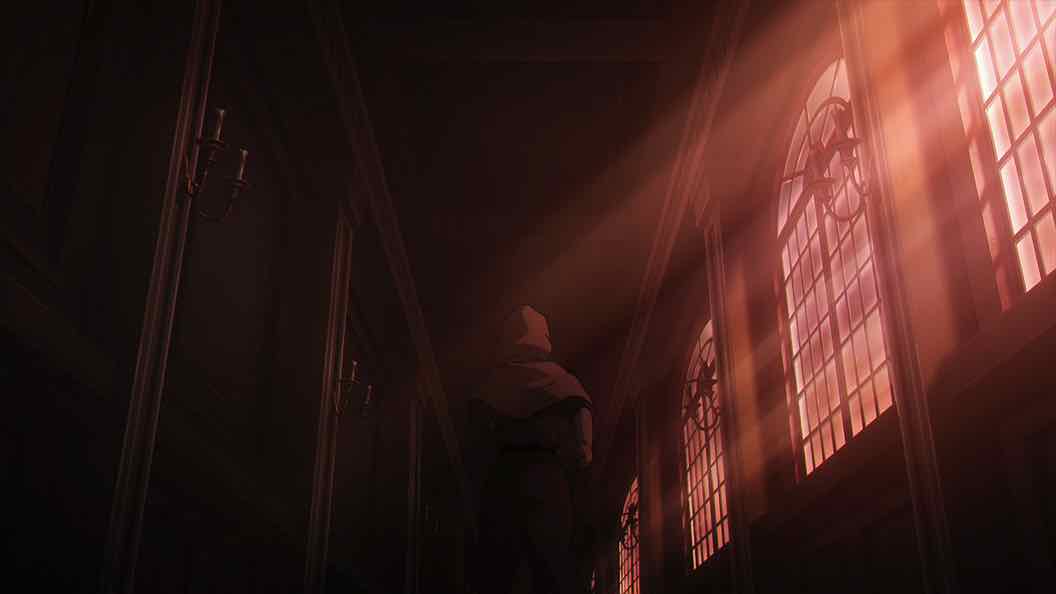
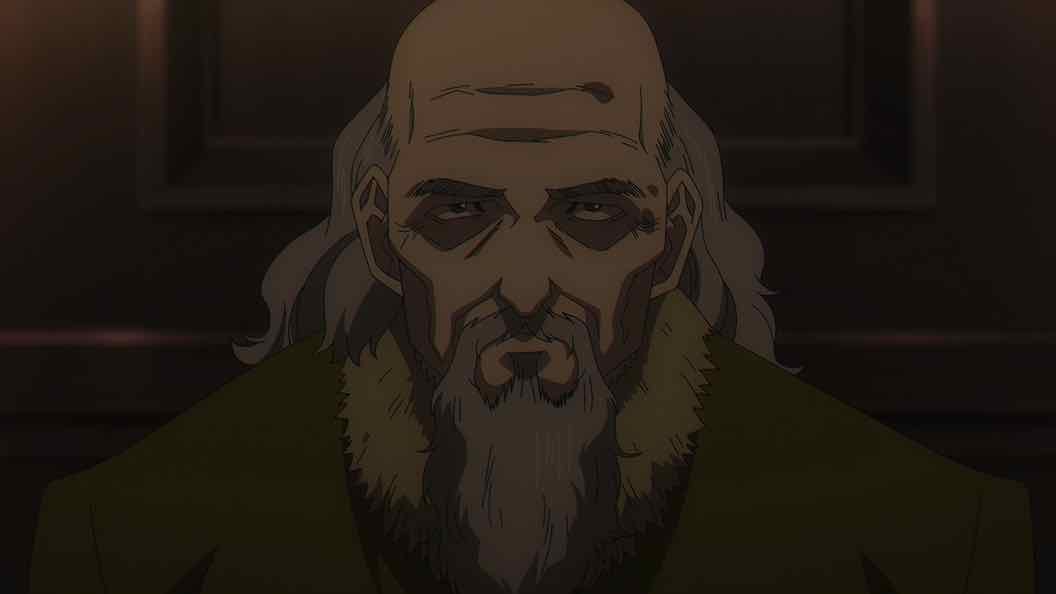
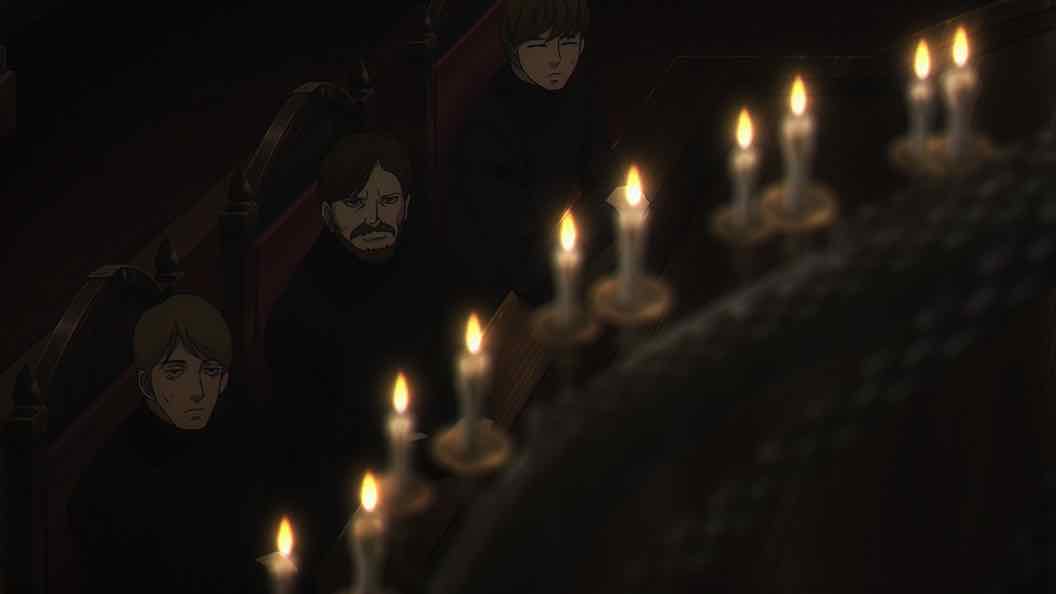

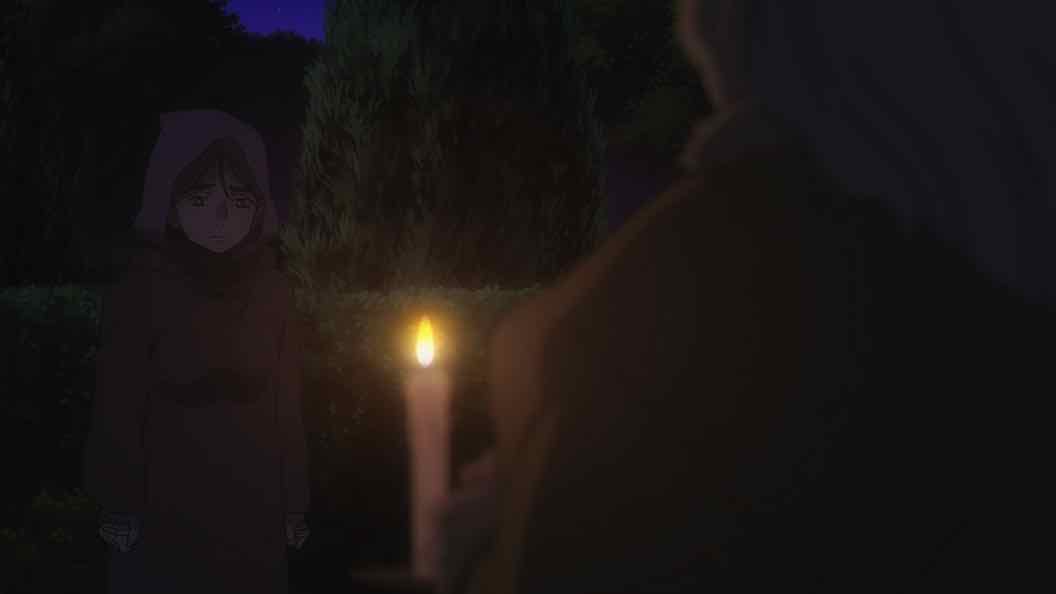
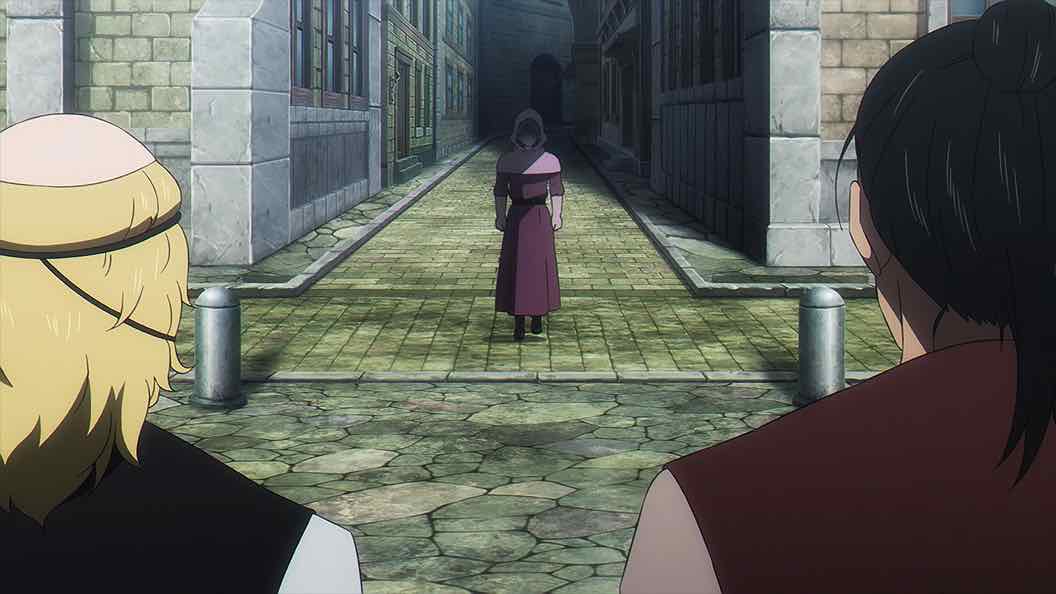
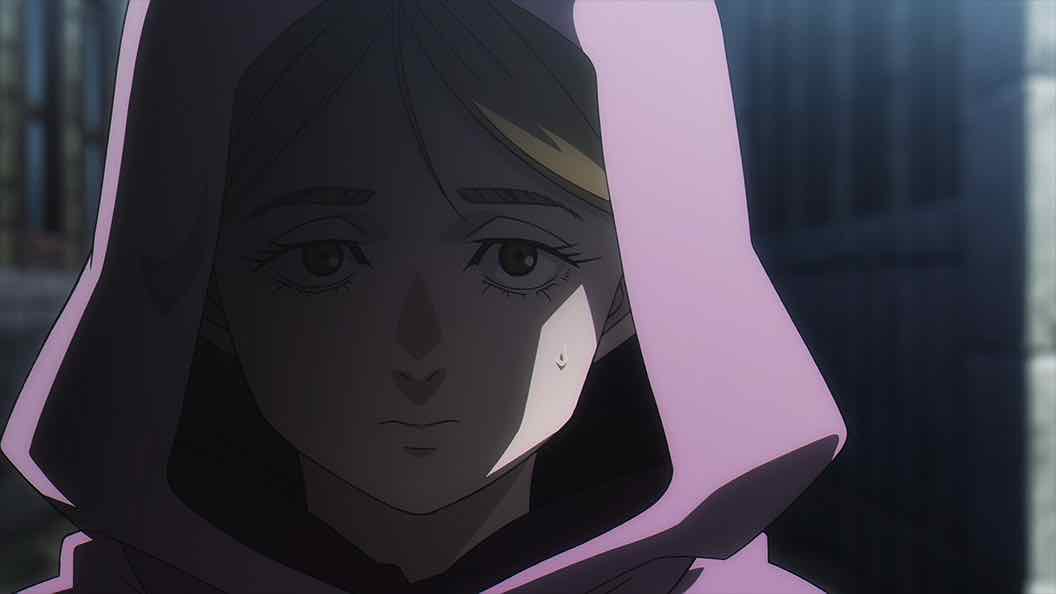
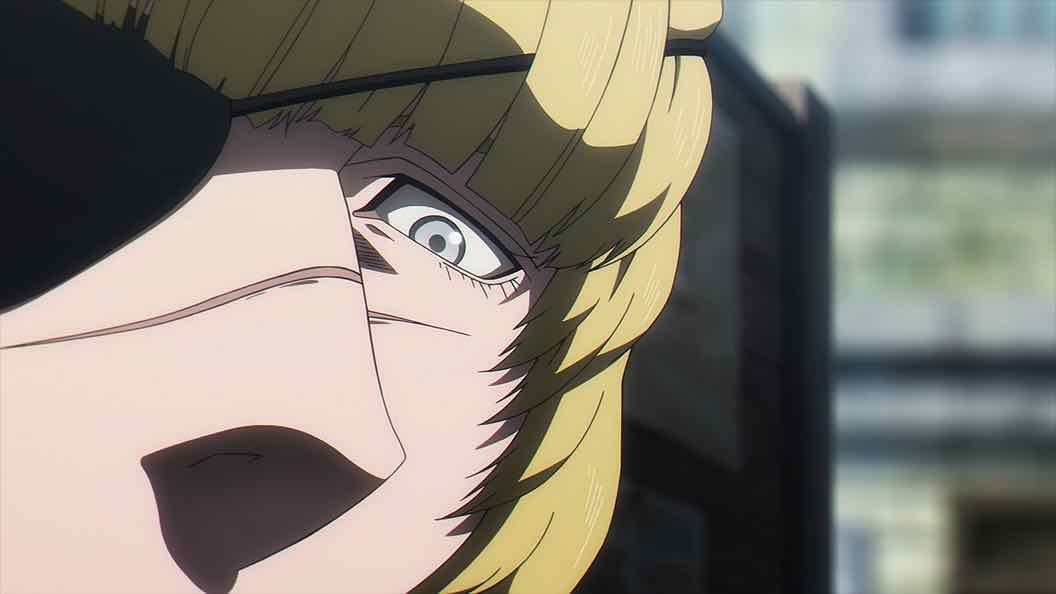
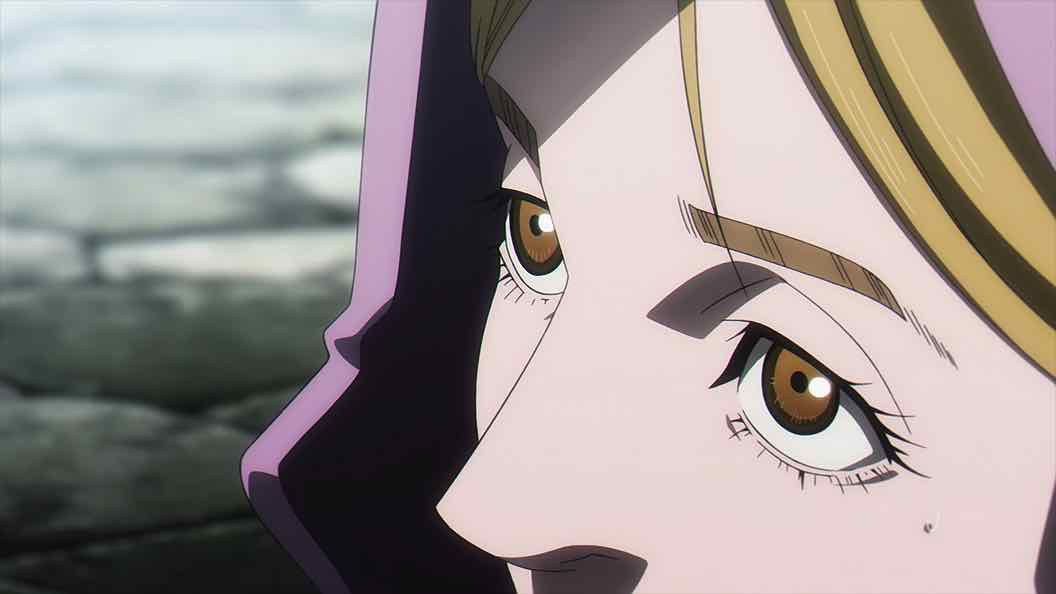
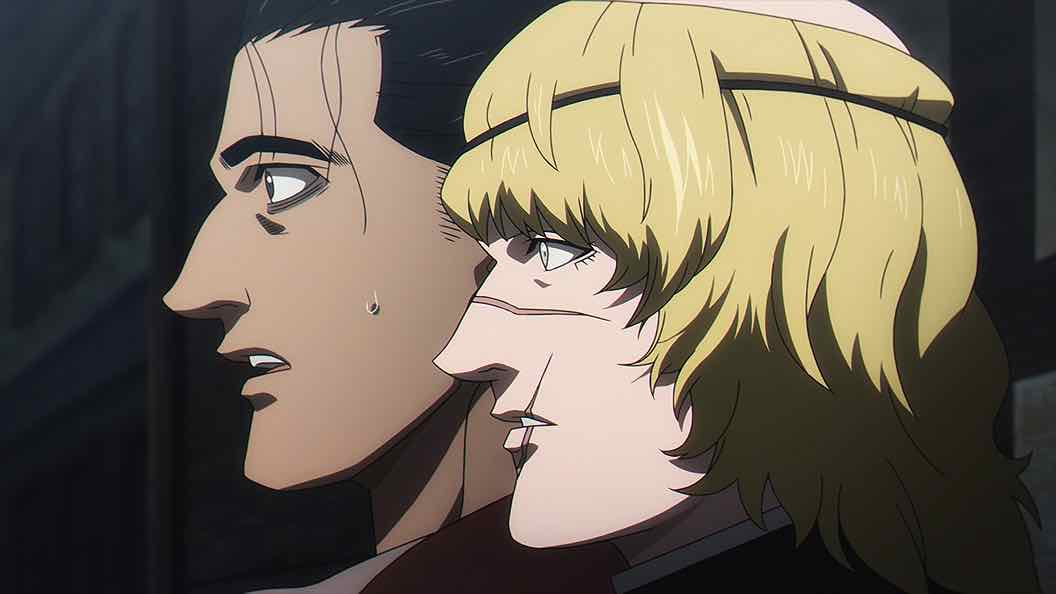
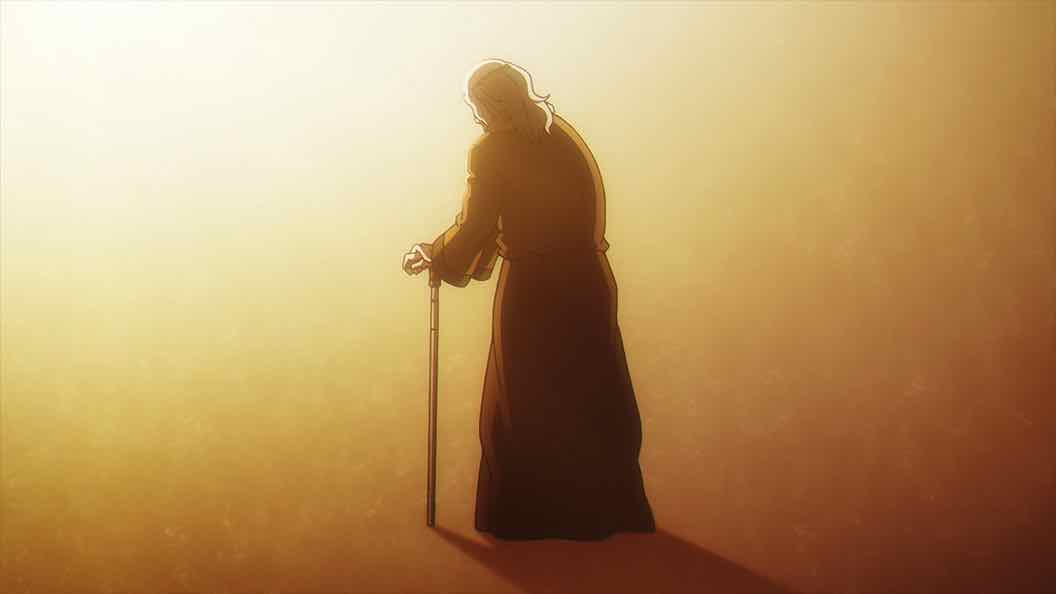
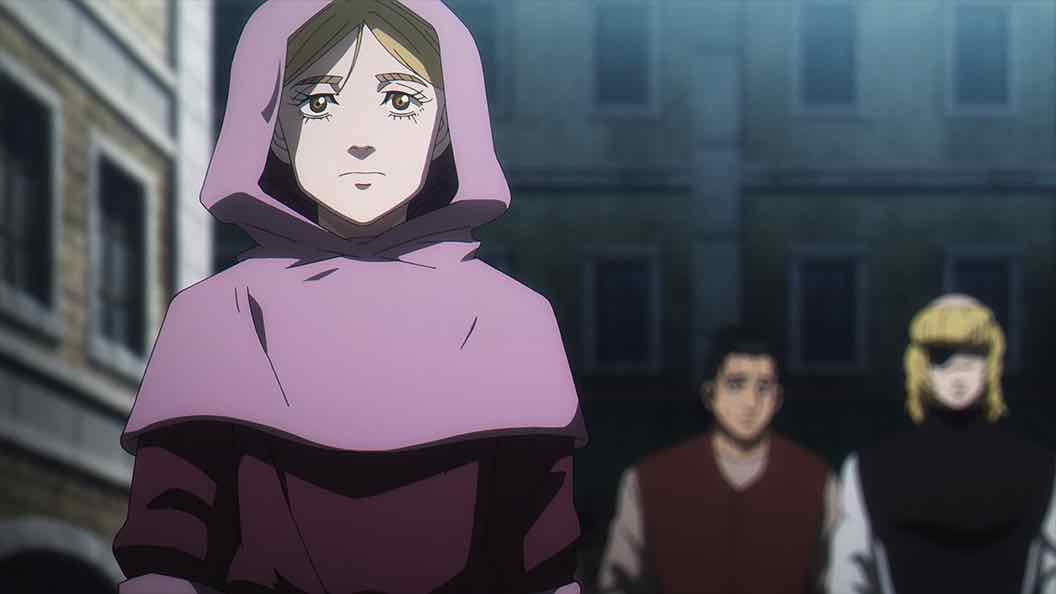
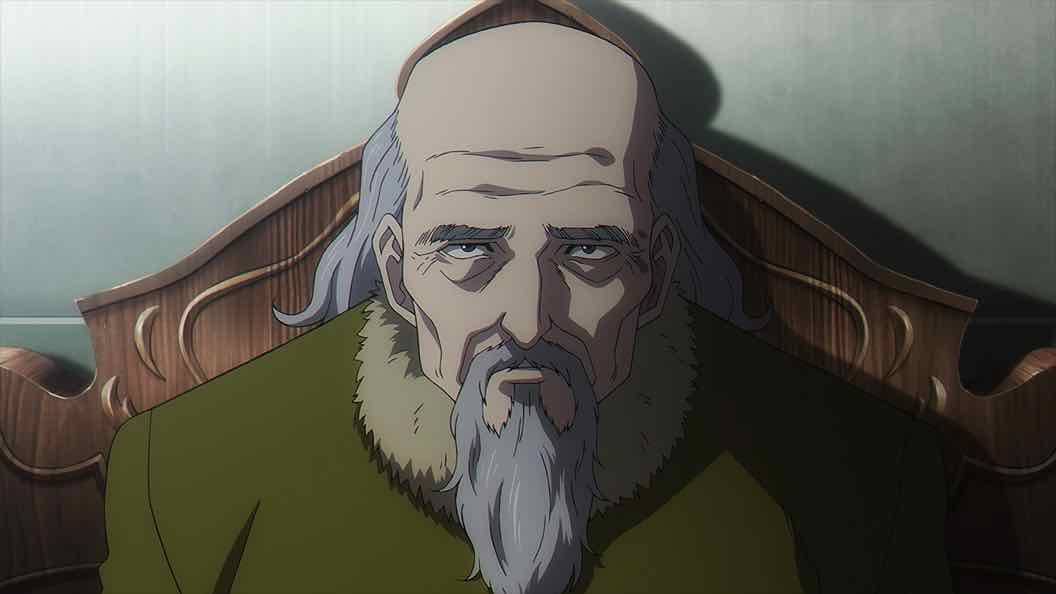
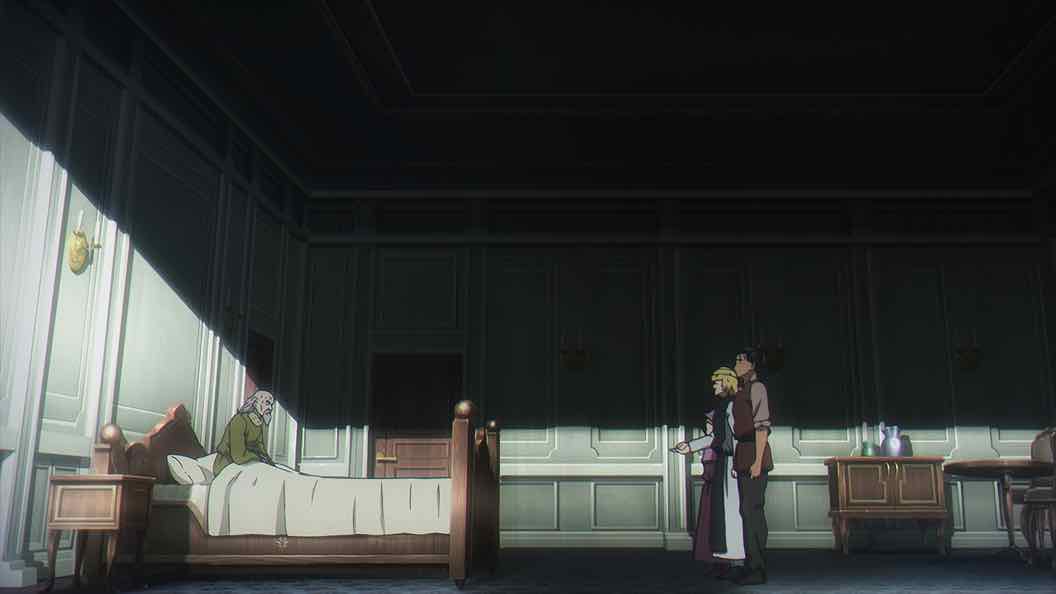
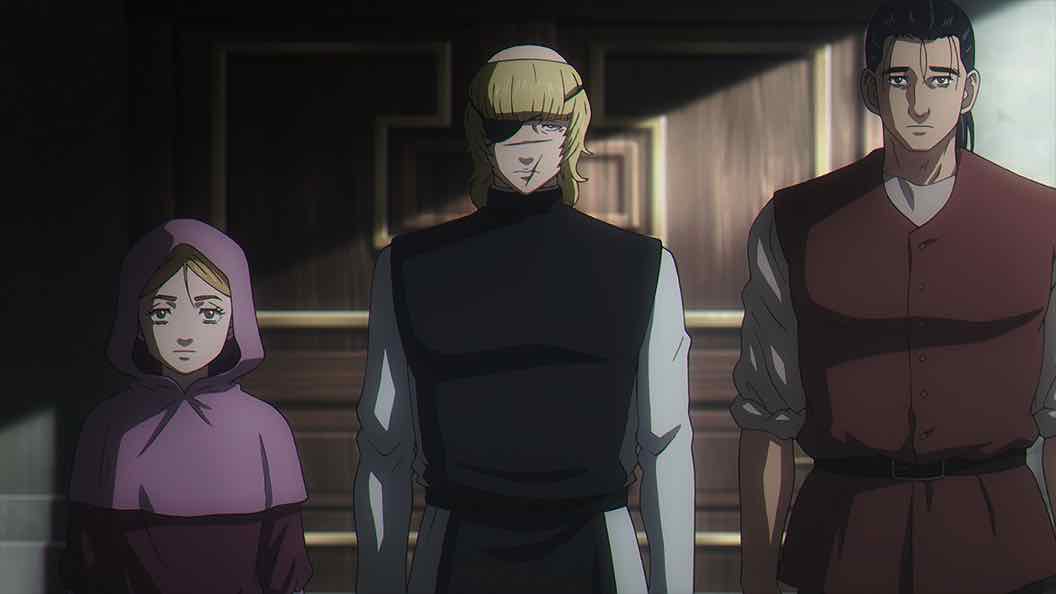
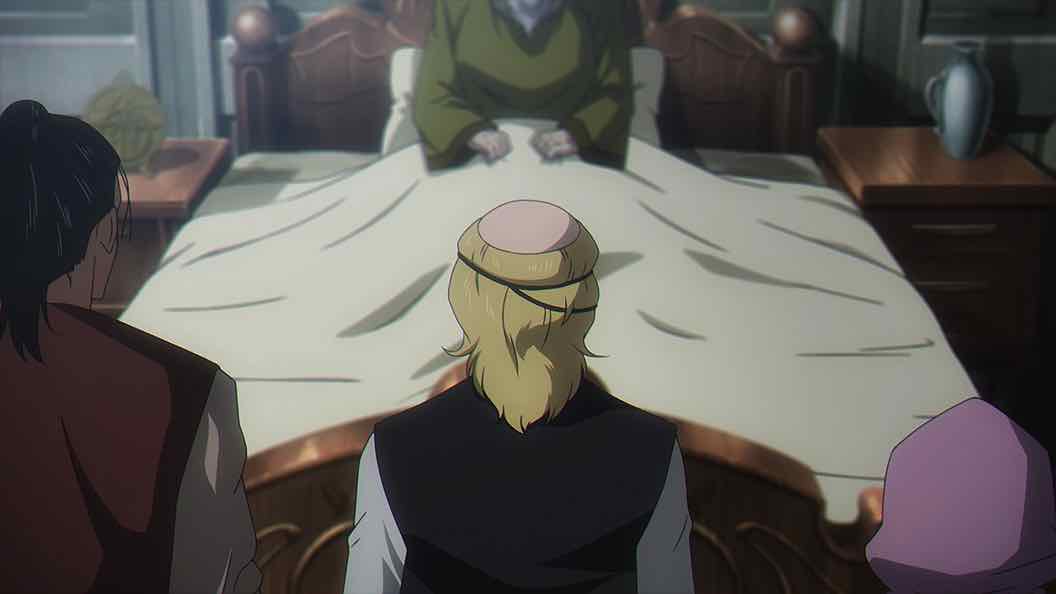
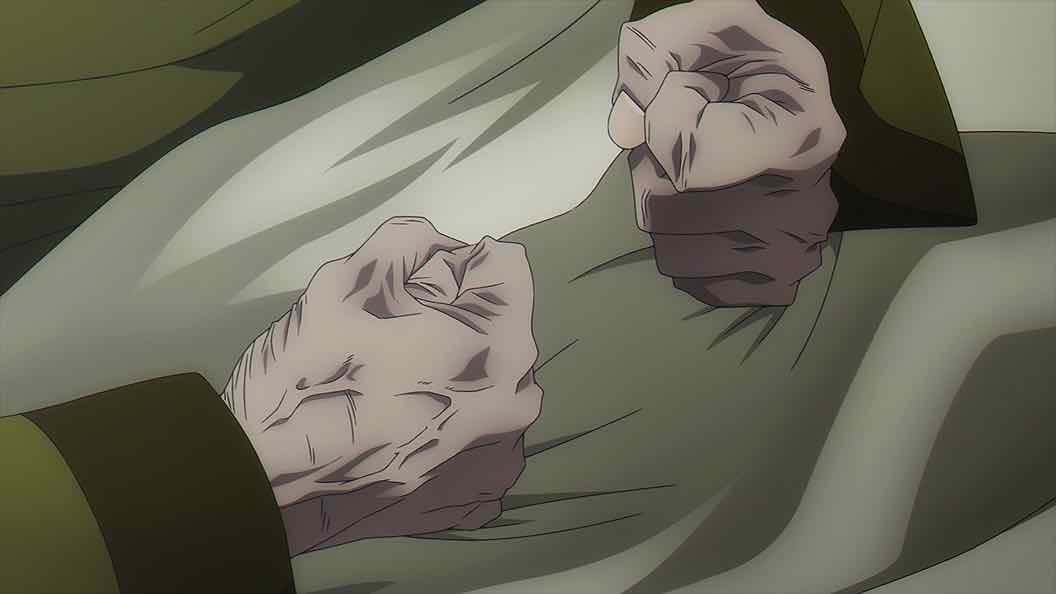
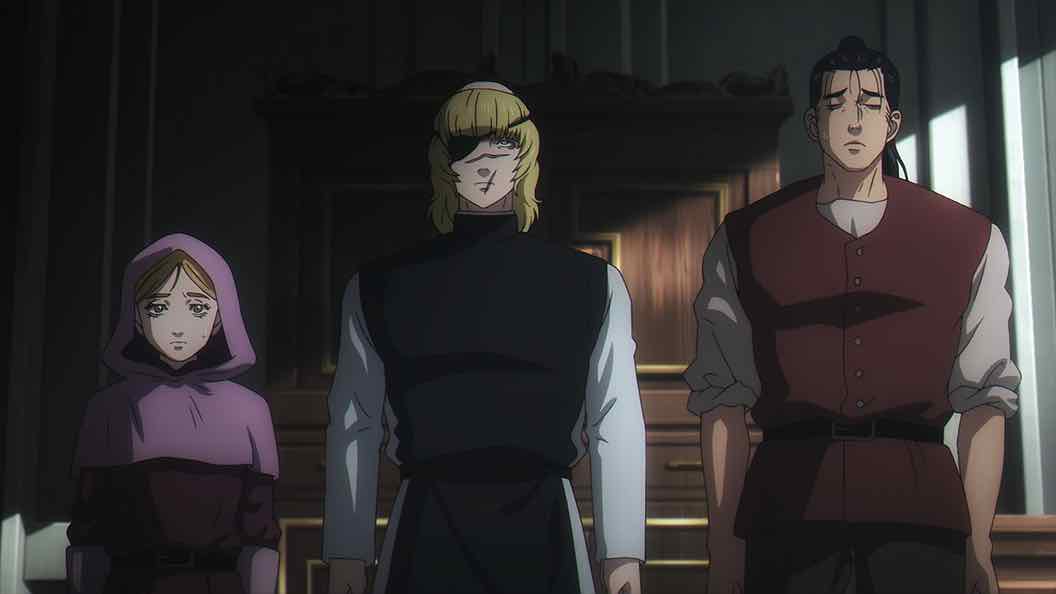
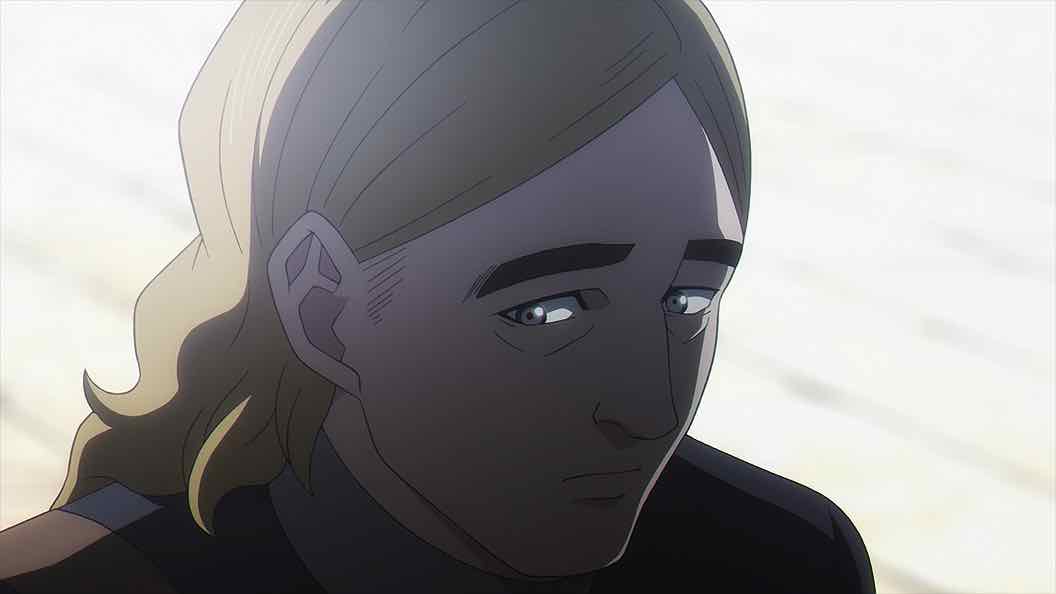
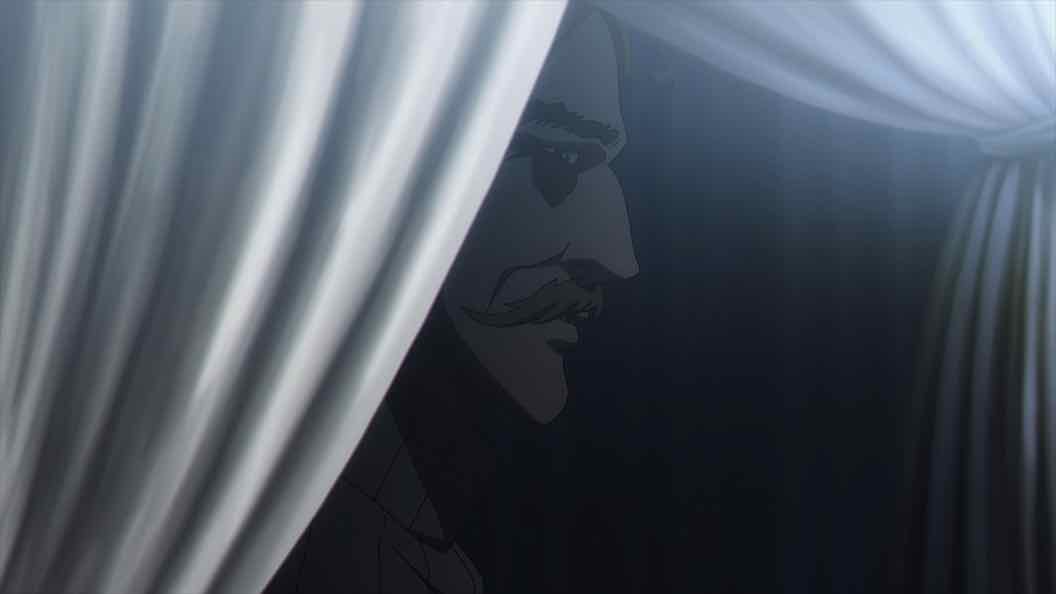
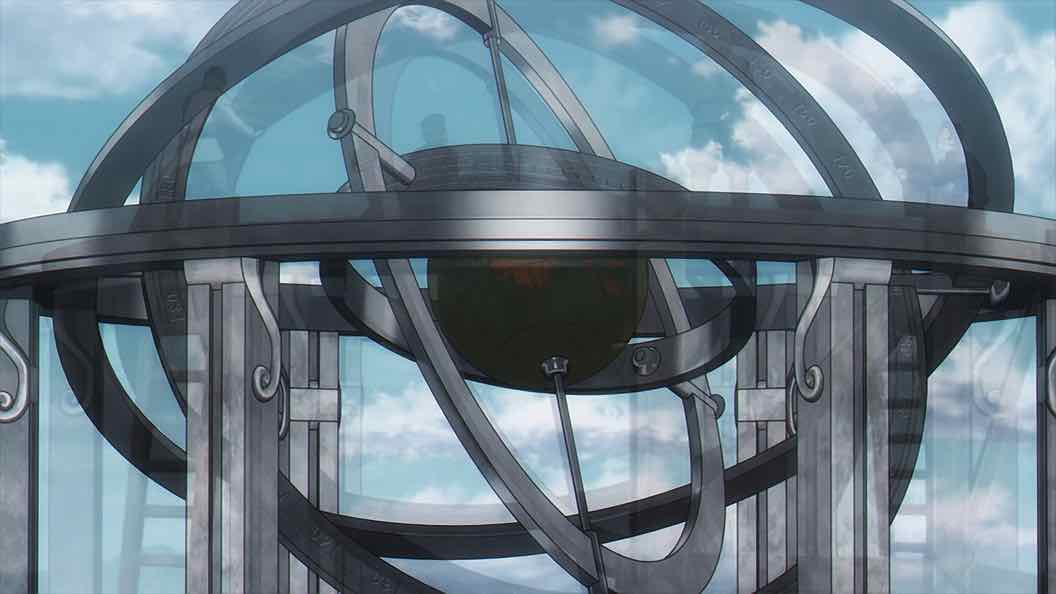
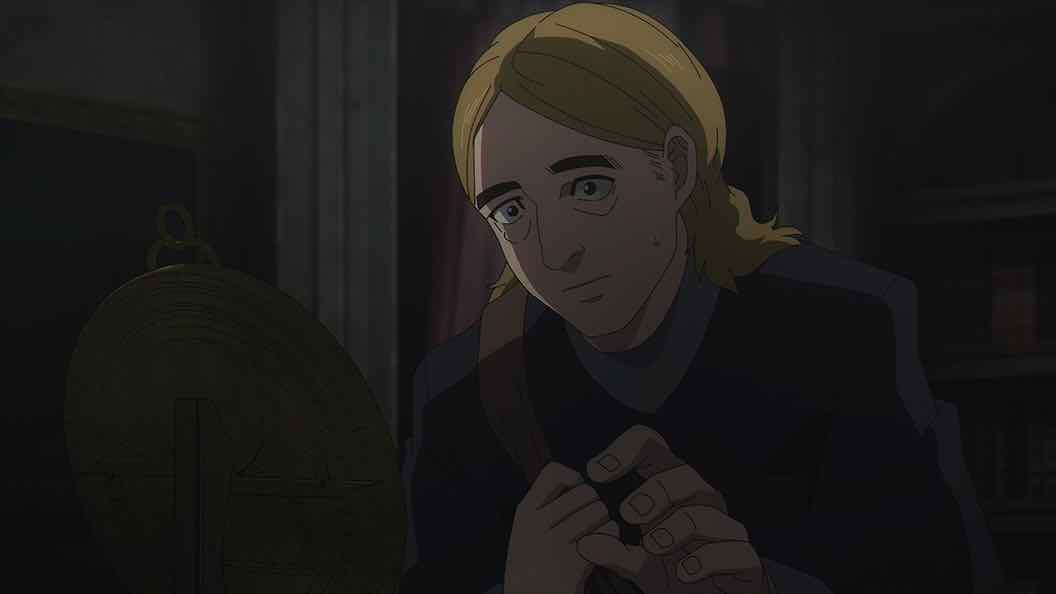
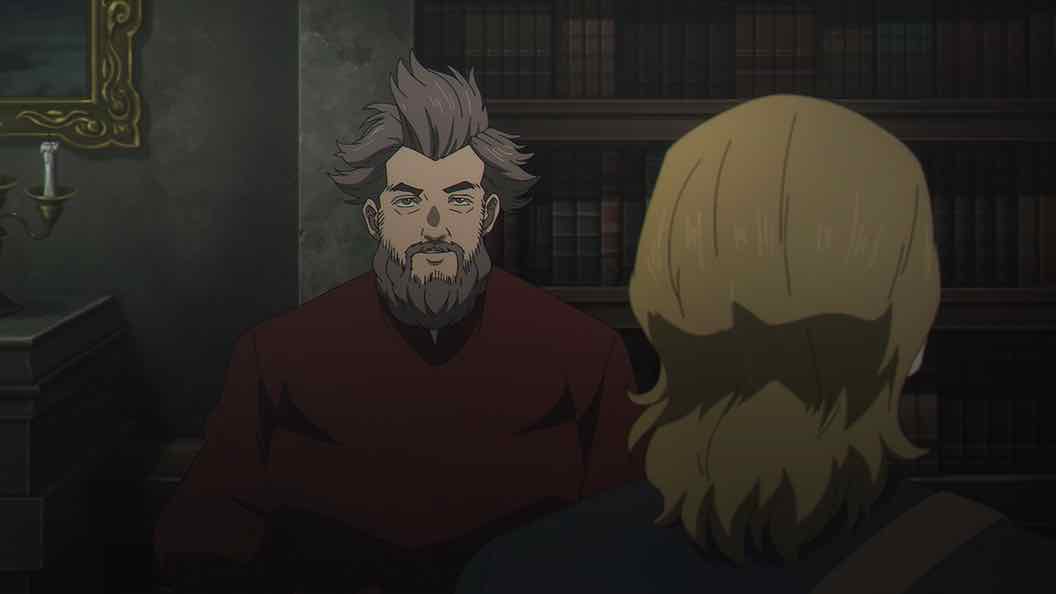
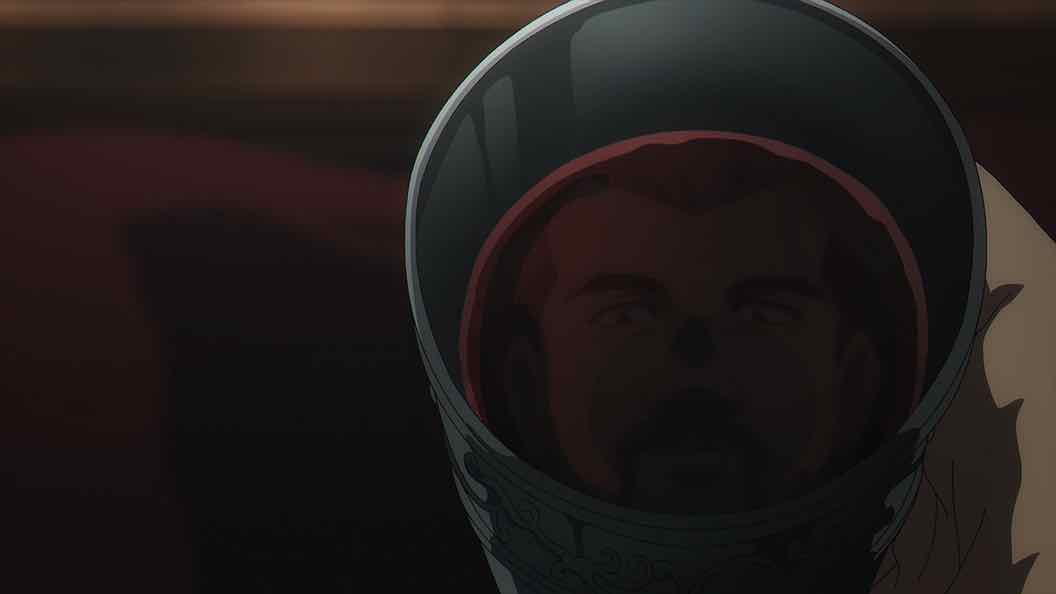
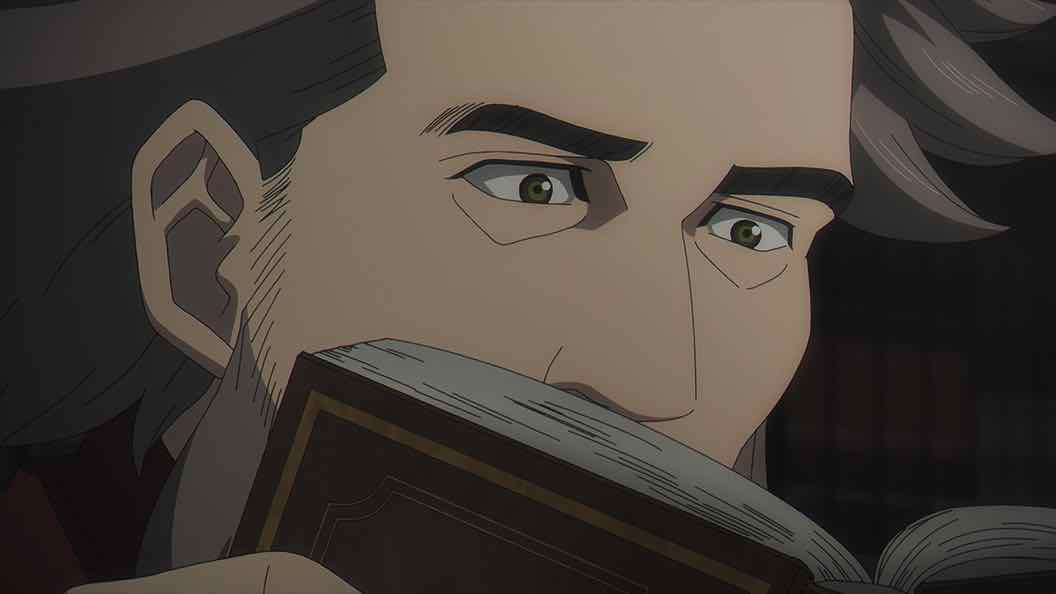
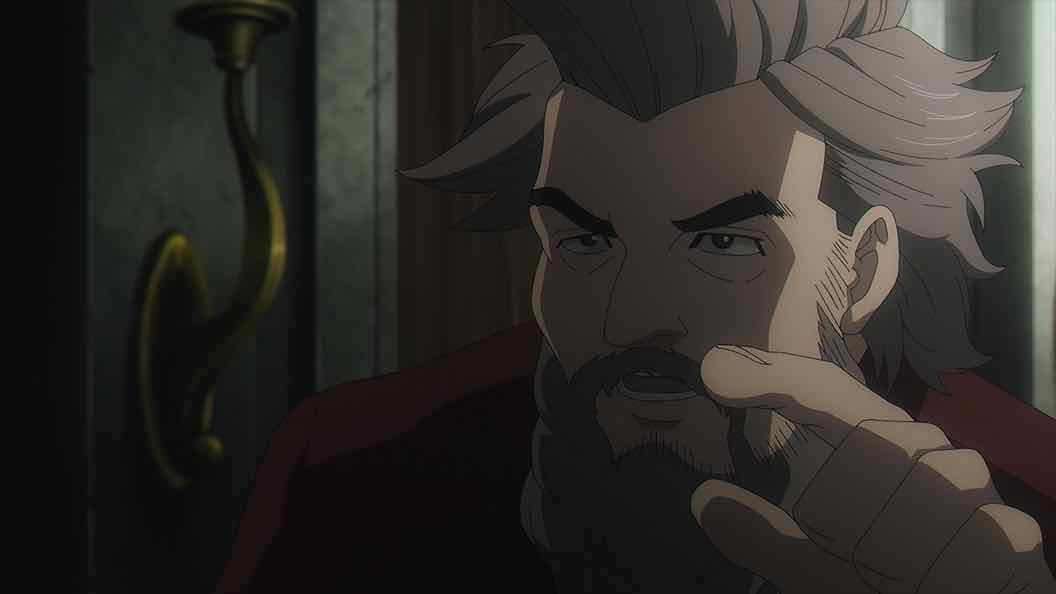
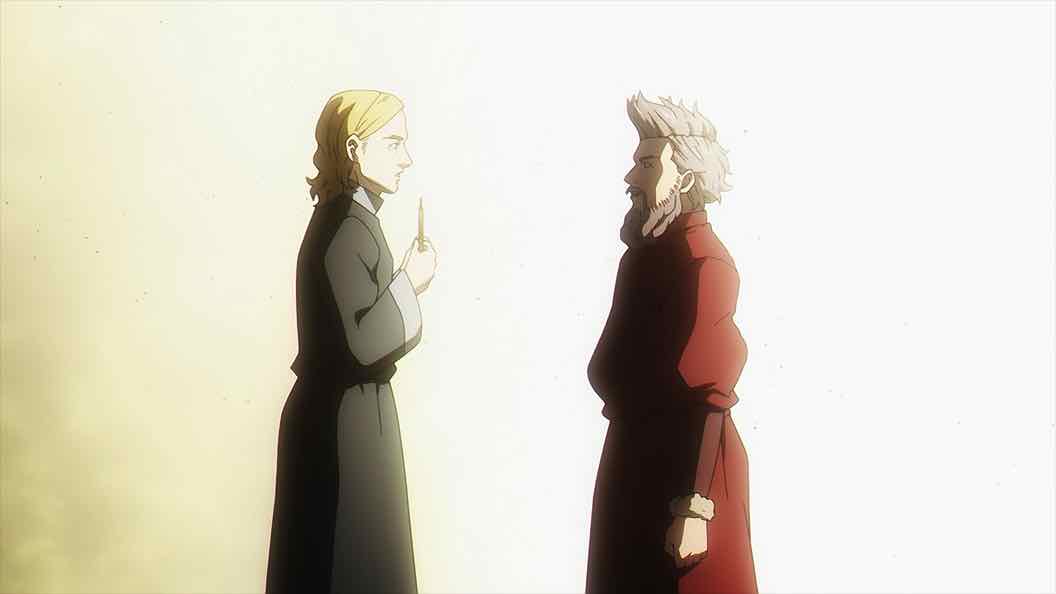
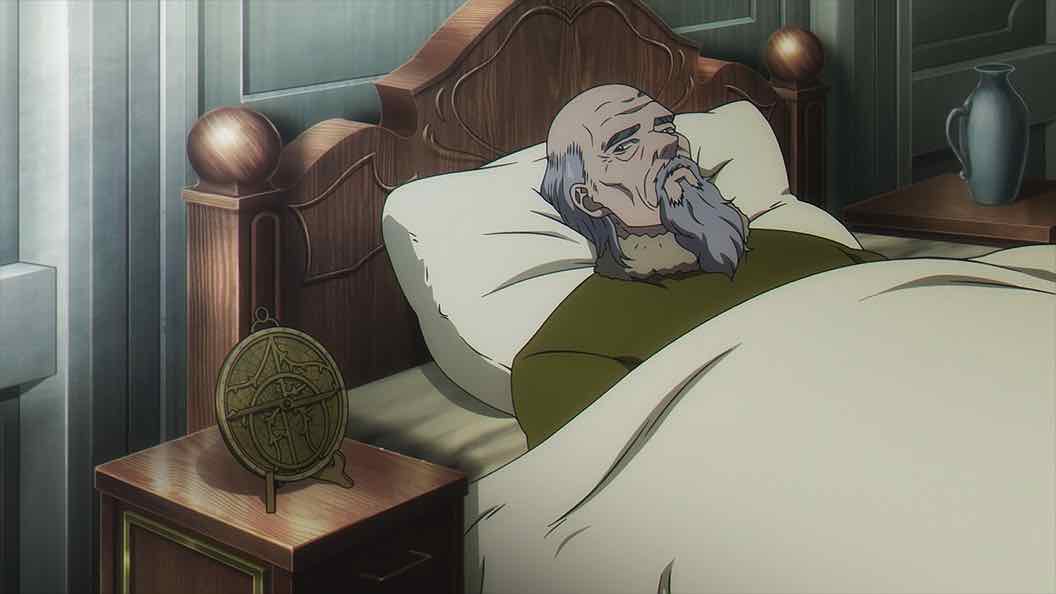

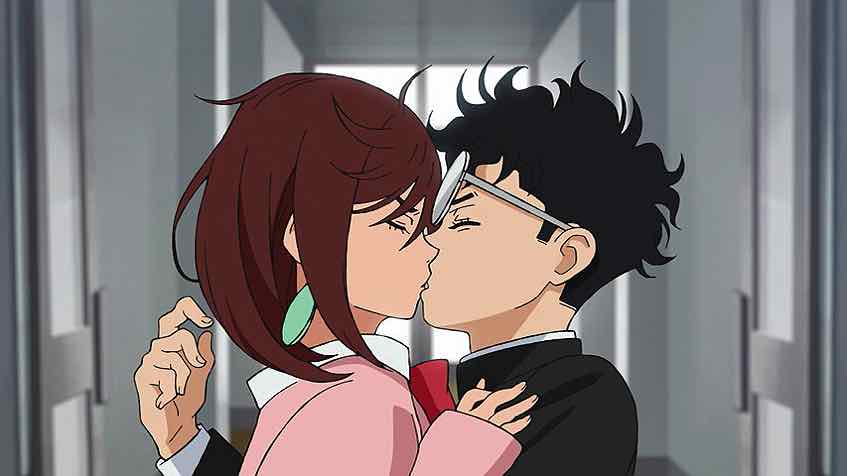
1 comment